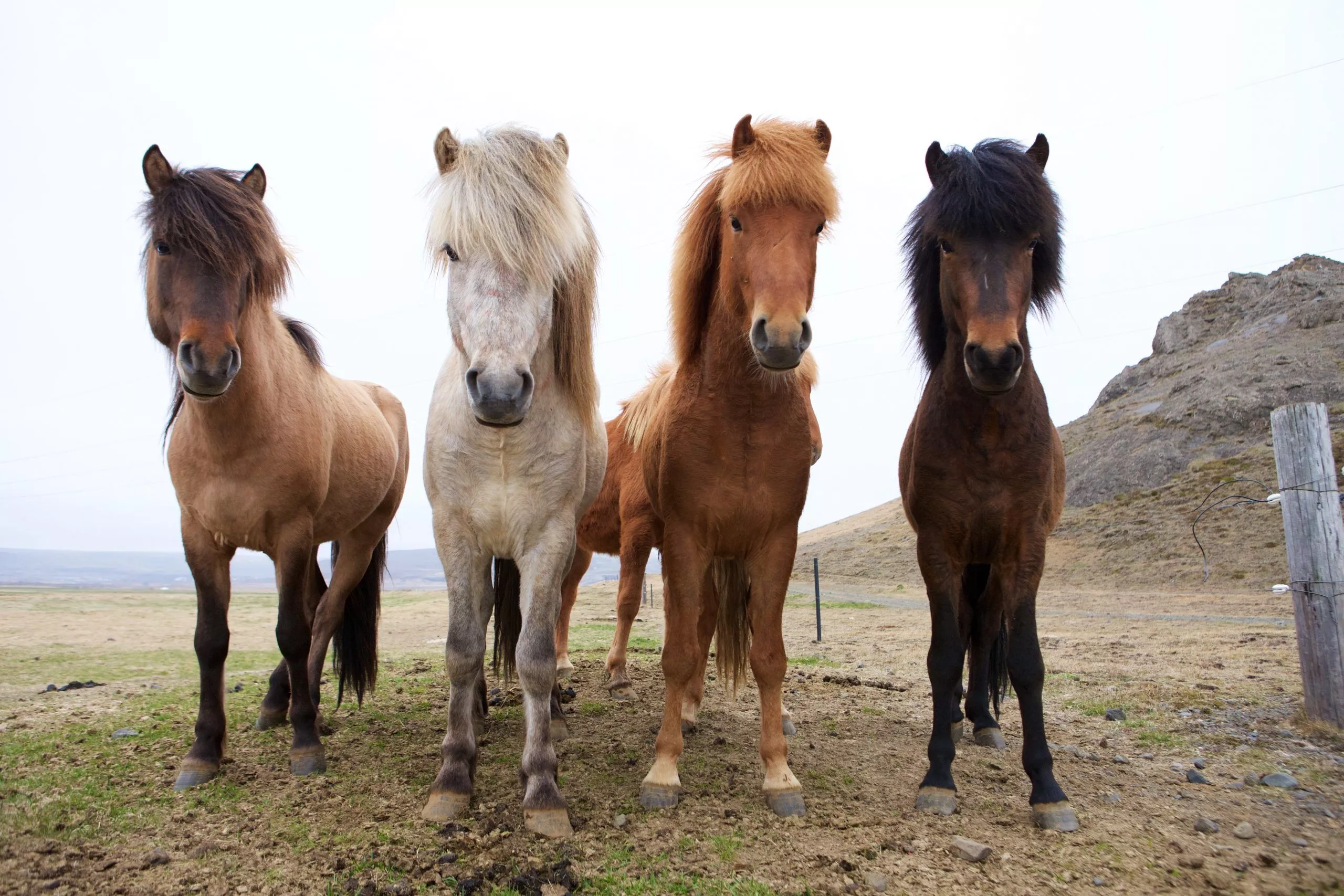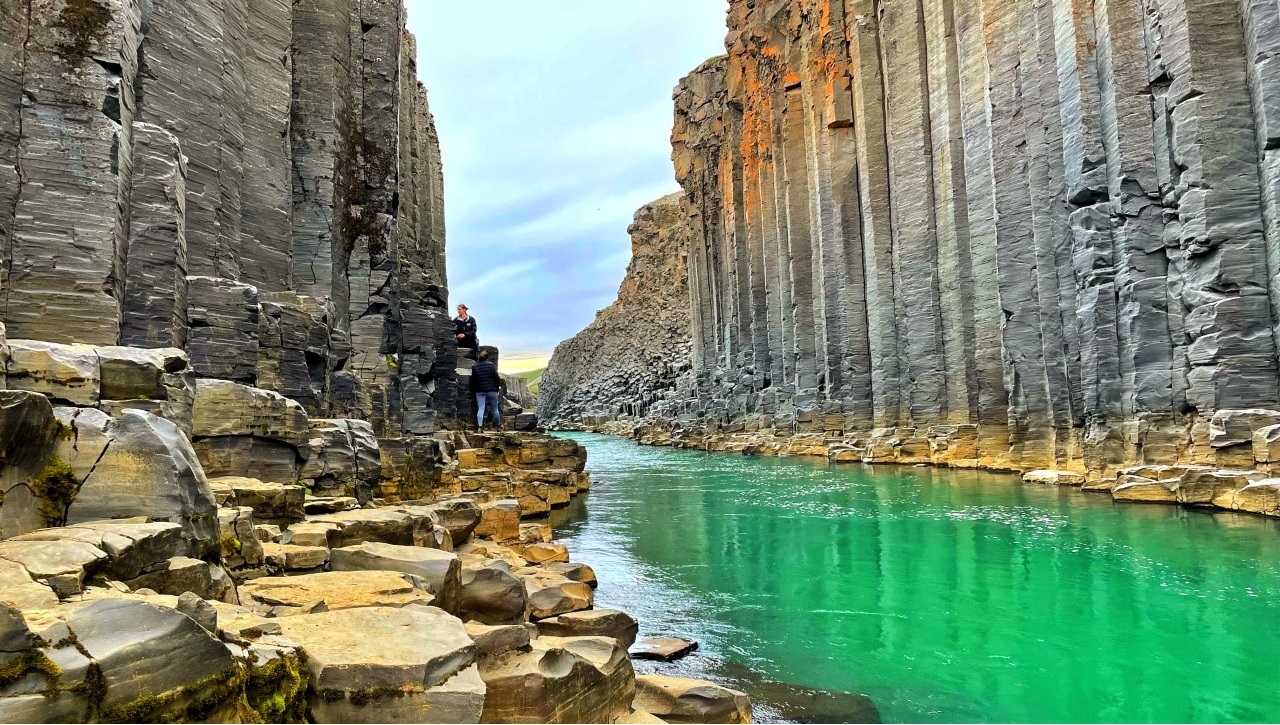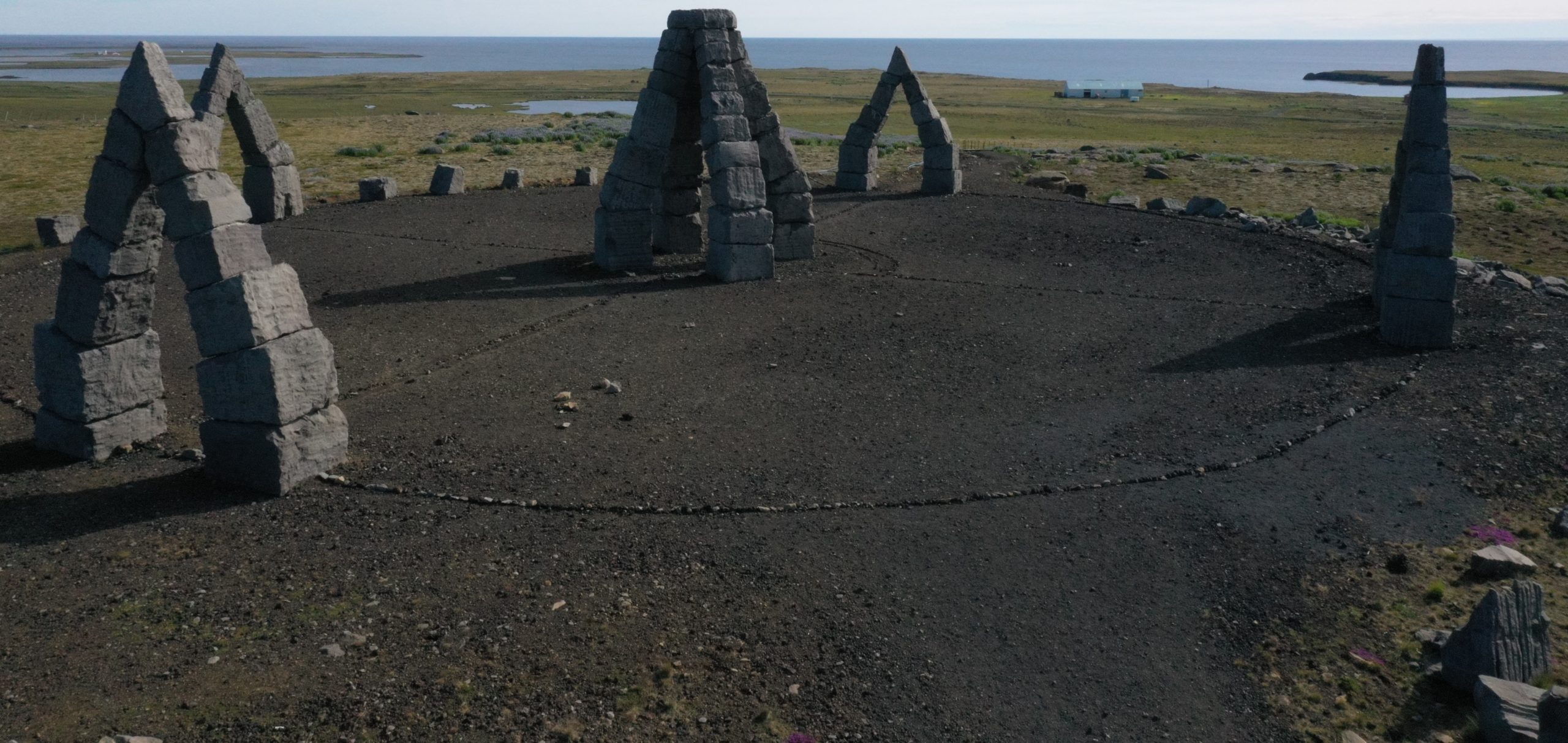Fun facts and weird laws in Iceland
Fun facts:
Most Northerly Capital In The World: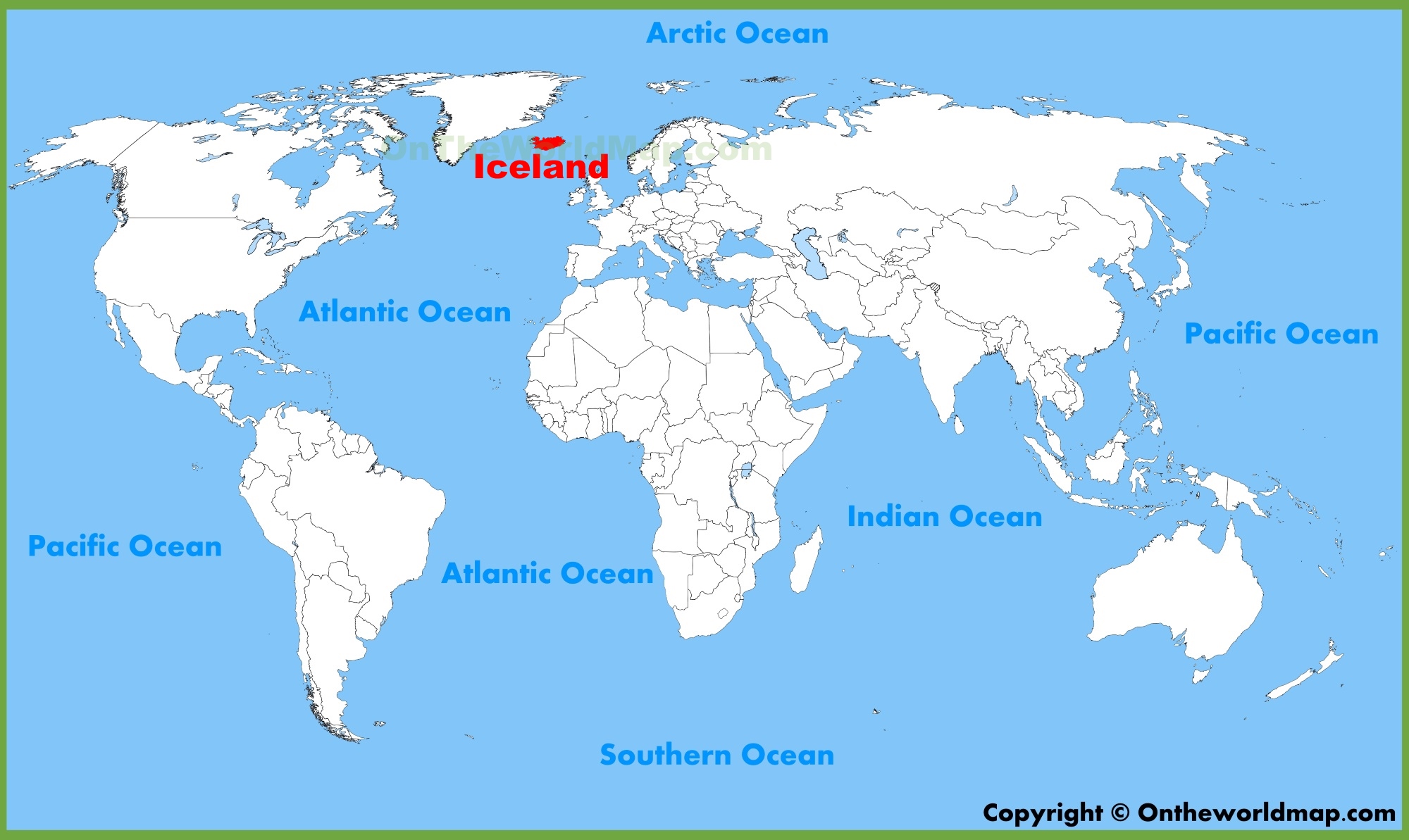
Out of all the UN-recognized countries in the world, Iceland is the most northerly capital in the world. As a result, in winter you’ve got a good chance of spotting the Northern Lights. In summer, you can catch the Midnight Sun, the summer solstice around the 21st June.
Beer was Banned until 1989: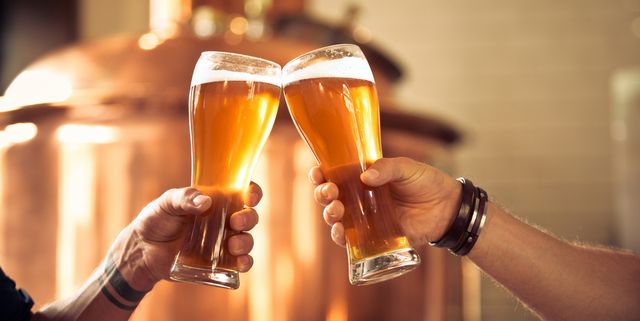
In 1915 Iceland banned all kind of alcohol. In 1922 the government decided to allow Spanish wine because the Spanish were an important trading partner and they drove a hard bargain. Either Iceland would keep on buying wine from them or they would stop buying salted cod (Iceland’s most profitable export at the time). Prohibition was put to rest in 1935, but beer remained banned because some believed it made people drink more and its cultural ties with Denmark were seen as unpatriotic after Iceland gained independence.
In the decades that followed, the discussion over legalizing beer was the country’s hot topic. Eventually, the beer ban was lifted on 1 March 1989. Now Iceland celebrates beer day on March 1st every year. It’s not the raucous party scene that tourists might think (like, perhaps, Oktoberfest), but you don’t have to wait until March 1st to enjoy drinking beer.
While beer was still banned in Iceland between 1935 and 1989, Icelanders could still buy as much wine and spirits as they wanted. The closest thing you could get to proper beer was Pilsner with 2.25% alcohol (which is still the only “beer” you can buy in convenience stores in Iceland). The first ever tavern to open in Iceland was Gaukur á Stöng in downtown Reykjavík, where the bartenders started blending Pilsners with vodka or whisky to make a so-called imitation beer which had an alcohol percentage of roughly 5%.
One of the First Parliments in the World:
Iceland is said to be one of the world’s oldest democracies as our ancient parliament, the Alþingi, dates back to 930 AD and is considered one of the first parliaments. It was formed between the lava fields and rocky ravines of Þingvellir, where the two continental plates meet. A flag stands at the spot where the parliament first gathered.
No TV on Thursdays and in July:
Until 1986, Iceland only had one TV channel, run by The Icelandic National Broadcasting Service. Before the INBS started broadcasting in 1966, we had “Kana-sjónvarpið” or “The American TV” from the American army base in Keflavík. When “The TV” (as our first TV channel was called) first aired, it only broadcast on Wednesdays and Saturdays. Gradually, it increased to every day of the week apart from Thursdays and everyone got a month off in July. It wasn’t until 1983, that “The TV” aired in July. Then, in October 1987, a year after Channel 2 was founded, the INBS started broadcasting on Thursdays as well.
Dogs were forbidden in the capital: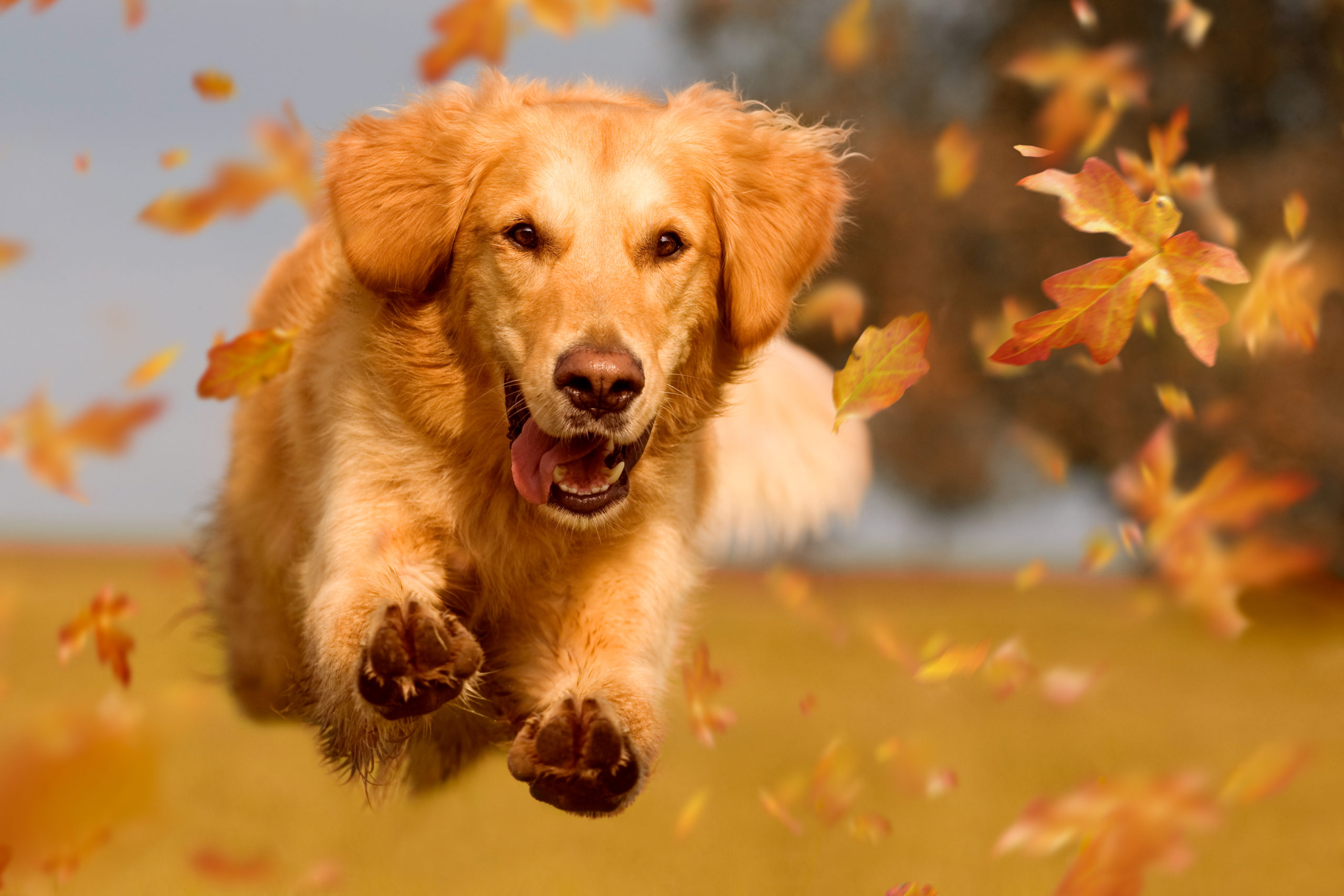
In 1924, a complete ban on dogs was enforced in Reykjavík. Those living out in the countryside could own working dogs, but in the city it was illegal to keep a dog as a pet due to increased cases of fatal tapeworms passed on from dogs. The rules have since changed and people can own dogs in Reykjavik if they get permission from the municipality and pay a registration fee. But Reykjavik has remained culturally a cat city, with cats roaming the streets.
We are always outnumbered:
Iceland has a population of around 375,00 people. If you count all Icelanders that have ever lived since the settlement of Iceland in the late 9th century, the population does not reach one million.
Native animals:
Iceland has but one native mammal, and it is the arctic fox. Its thick white coat changes color depending on the season, so it blends into the rugged landscape. This makes it a tricky animal to spot. The other mammals you might see in Iceland – the cows, sheep, reindeer and horses – were all brought by settlers.
The Icelandic Horse:
Once they leave the country, Icelandic horses are not allowed to return. Basically, Icelandic horses are a pure breed (having been isolated for over 1000 years) and are prized across the world for their hardiness. Iceland is a country completely free from hoof and mouth diseases, so we cannot risk re-importing a horse once it has left Icelandic soil. It’s also to ensure the purity of the bloodlines remains intact in all Icelandic horses.
Fast Food Restaurants:
You might be surprised when landing on Icelandic soil and seeing that so many of the most popular fast food restaurants are nowhere to be found, the likes of McDonalds, Burger King, dunkin donuts, Wendy’s and Starbucks are just some of them who you have to forget.
Santa Clause: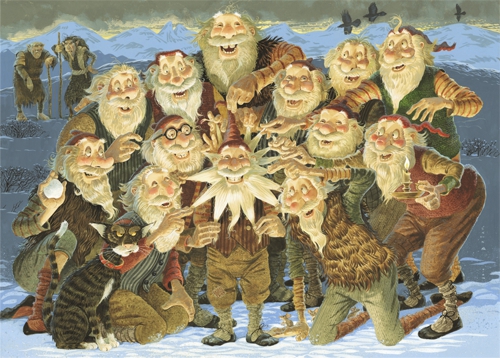
Instead of one omnipotent Santa Claus, Icelandic kids have to contend with thirteen ‘Yule Lads’ who visit one by one on the thirteen days leading up to Christmas. Kids leave their shoes out on the window ledge and if they have been good, the shoe will be filled with sweets or gifts. If they have been bad, they’ll awake to a shoe full of rotten potatoes. Each Yule Lad has a distinct personality and proclivity, from stealing sausages to licking spoons and slamming doors to keep everyone awake.

